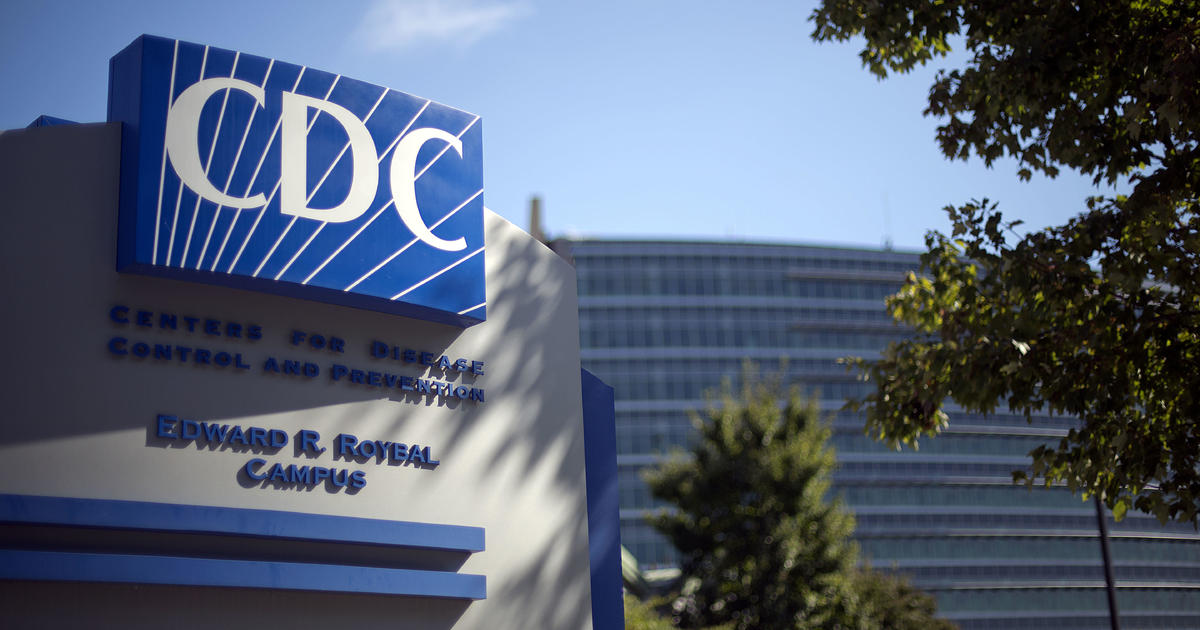Bank chief admits rate hike painful for many – BBC News

- Daniel Thomas, Nick Edger, Faisal Islam
- Business Correspondent and Economics Editor, BBC News
image source, Getty Images
The shock move raised interest rates more than expected as the Bank of England (BoE) fights to slow soaring inflation.
The Bank of Korea raised its benchmark interest rate from 4.5% to 5%, the highest in 15 years. Most analysts expected a smaller rise.
Andrew Bailey, governor of the Bank of England, said: “I understand the hardship and pain many people are experiencing.”
The move will lead to higher repayments for borrowers and many mortgage holders, but it will benefit savers if the rise is passed on.
Bailey said if banks don’t raise rates now, “it could get worse later.”
“A lot of people who have taken out a mortgage or loan will rightfully be worried about what this means to them… but inflation is still too high and we have to deal with it,” he added.
He warned that wage increases “cannot be continued” as they are now to keep inflation down.
But he denied that the bank was trying to cause a new slump by raising rates so sharply.
Still, mortgage rates have skyrocketed over the past year and a half.
- The average 2-year fixed residential mortgage is currently 6.19% and the 5-year interest rate is 5.82%. In June of last year, this ratio was close to 3%.
- People on a typical tracker mortgage will pay around £47 more per month. Those with Standard Variable Rate (SVR) mortgages face a £30 jump.
- From December 2021, monthly payments for trackers have increased by £465 and £297 for SVR.
The dramatic move was made as the bank attempted to show that it had control over inflation, the annual rate at which prices rise. This was much higher than expected in May and well above levels seen in other countries.
Prime Minister Rishi Sunak is also under pressure to address the issue, promising to cut inflation in half by the end of the year.
On Thursday, he said the job had become “more difficult” but added that he was “doing it 100 percent completely.”
“Craving inflation is not easy. It requires difficult decisions,” he added.
He added that people’s weekly stores had “climbed too much” and that the government would ensure supermarkets act “responsibly and fairly”.
In a letter to Bailey, Secretary Jeremy Hunt said he would meet with regulators next week to discuss ways to ensure lower wholesale costs are passed on to customers. It comes after supermarkets were accused of making too much money from rising food prices.
But the British Retail Consortium denied they were profiteering, saying stores are working to keep prices “as low as possible”.
Shadow Prime Minister Rachel Reeves said families would “worry desperately about what today’s interest rate hike will mean for them.”
‘I need to find an extra £400 each month’
Ewan Cameron bought a flat in London two years ago and secured new fixed rate mortgage deals, but not before rescinding two mortgage offers.
He now needs to find an extra £400 a month to pay for the house, and is considering renting an extra room to pay for it.
Theoretically, raising interest rates makes it more expensive to borrow money. This makes it harder for businesses to raise prices.
But the process also puts strain on the UK’s struggling economy. Higher interest rates are also forcing mortgage lenders, who are affected by bank decisions, to raise their own rates.
Mortgage expert Matt Smith of real estate portal Rightmove said the rate hike would not be a “big hit” for lenders.
He said the bank chose the massive hike in part to reassure financial markets.
“If today’s news is any relief, I hope that some stability will return to the mortgage market this year, which will help people looking to take out a mortgage loan plan ahead,” he said.
There have been calls for the government to step in and help homeowners, but Hunt and Sunak have so far dismissed suggestions that ministers could intervene.
But Mr Hunt is scheduled to meet with banks on Friday as pleas for more action grow.
Consumer activist Martin Lewis warned that “the mortgage time bomb is exploding right now.”
The Bank’s Monetary Policy Committee (MPC), which sets UK interest rates, voted 7-2 in favor of a 0.5 percentage point hike, the biggest increase since February.
Two members of the committee voted to hold rates.
In a letter to Mr Hunt, Bailey said overall inflation would decline “significantly” throughout the year as energy prices fell.
But he added that the bank will continue to closely monitor inflation and raise interest rates further if necessary.
Interest rates remain banks’ primary tool for reducing inflation, despite debates over their efficiency.
The bank said it was “continuing to closely monitor” the impact of any significant increase in bank rates so far.
Given the number of people who have yet to liquidate their fixed-rate mortgage deals, the full impact of the recent rate hike “will not be felt for a while,” he added.
What if I am unable to pay my debts?
Before falling into the debt spiral, it’s important to talk about your financial struggles. the faster, the better.
If you feel that you cannot pay your debt or are struggling to meet your debt, seek assistance immediately. You are not alone and help is available.
A trained debt counselor can talk you through the options available to you.
#Bank #chief #admits #rate #hike #painful #BBC #News





